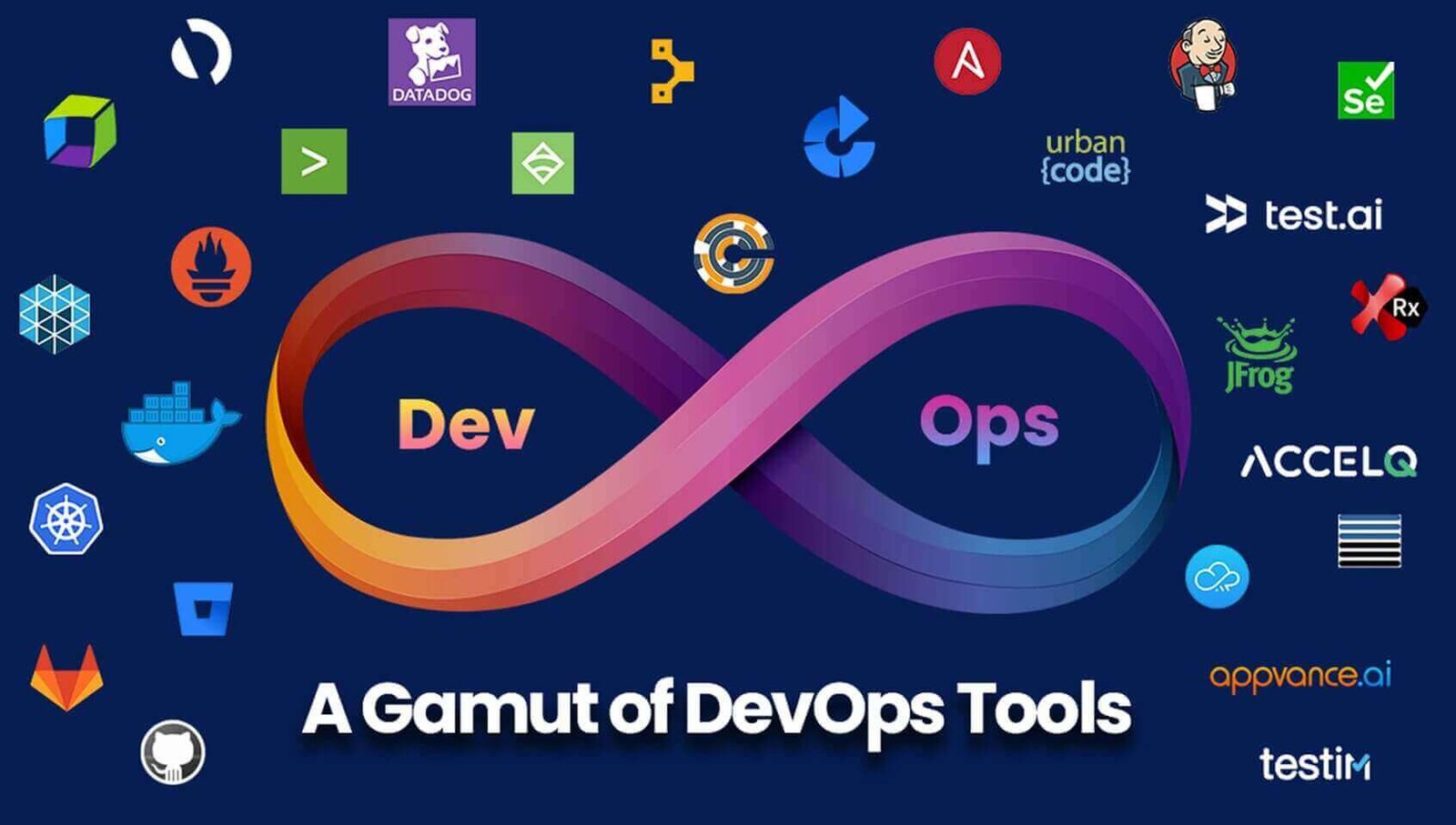7 key principles for a successful DevOps culture

To meet market demands, companies are adopting a DevOps culture to streamline the development, deployment, management, and maintenance of software at scale.
The fastest way to create a DevOps environment is to combine the development team with the operations team, forcing more collaboration and communication. But to truly achieve a DevOps culture, you’ll need to follow a few key principles for a smooth transition.
1. Foster a collaborative environment
The main theory behind DevOps is to combine development and operations to create a one-sided team that focuses on delivering common goals. For brands to achieve this, they must encourage development and operations to regularly communicate, share ideas, and solve problems together.
2. Impose end-to-end liability
In the traditional software development model, developers and operations had separate roles. But in DevOps, both groups work as a team that is fully responsible for the application from start to finish.
3. Encourage continuous improvement
End-to-end responsibility also means that brands must continually adapt to changing circumstances, be it the emergence of new technologies, customer needs or changes in legislation.
DevOps is primarily focused on continuous improvement to optimize performance, cost, and speed of delivery.
4. Automate (almost) everything
To strive for continuous improvement with high cycle rates and the ability to respond immediately to customer feedback, brands must use automated processes.
5. Focus on customer needs
DevOps requires brands to act like a startup that can continually innovate, pivot when a strategy no longer works, and invest in features to deliver customer satisfaction.
DevOps teams must keep a finger on the pulse to constantly meet the needs of changing consumer demands. Data collected from automated processes.
6. Embrace failure and learn from it
To fully embrace cloud computing through DevOps, a brand must change its attitude towards failure. By embracing failure, brands foster a “climate for learning” that will have a positive impact on organizational culture.
7. Unite Teams and Experience
DevOps teams need to be involved in every stage of the software development lifecycle, from planning, building, deploying, feedback, and improvement. This requires a cross-functional team where each member is well-trained and has a balanced set of skills.
discover the innovation
To ensure business success, now and in the future, it is imperative to maximize the return on your existing software investment while innovating and adopting new technologies. Challenges to address to compete in a Hybrid IT world include DevOps, Security, Risk Management, and Predictive Analytics. You can get more information on how to address these challenges and innovate at this link.






